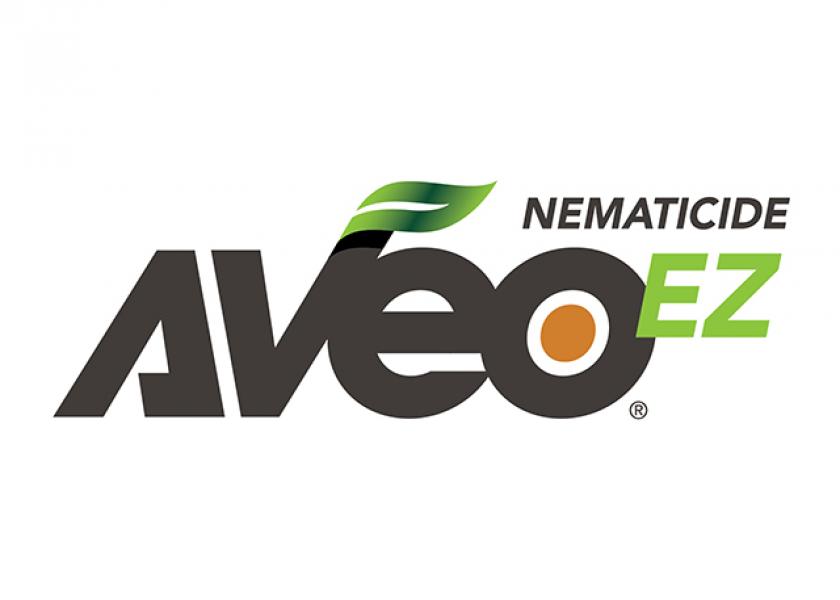Biological Tackles Soybeans’ No. 1 Pathogen

Soybean cyst nematode (SCN) is pervasive, prolific and widespread. The SCN Coalition projects more than $1 billion in yield loss and suppression due to the pest every year.
The most commonly used tool in the toolbox to mitigate this damage is variety selection. However, resistence is developing and there are chinks in that armor.
Enter active measures, such Aveo EZ Nematicide seed treatment from Valent.
This is a biological product that Dair McDuffee from Valent stands out as providing the consistency and ease of use needed to proactively manage SCN.
“Every aspect of SCN works against you,” says McDuffee, a seed treatment specialist with Valent. “And if you get any test results showing SCN present in your fields, you need to start treating the field as being infested. Once you have it, take the bull by the horns.”
Soybean cyst nematode eggs are viable in the soil for up to 10 years, and only 3 to 5% of eggs hatch on a non-host crop rotation. So crop rotation alone does not manage the pest. Time is not on your side.
“This is such a problem that you won’t solve it with a single silver bullet. The genetic resistance we’ve had with the primary use of PI 88788 has done a Herculean effort and a terrific job. And it’s provided the easiest way for farmers to manage SCN. But we have seen resistance start. Now it’s time to be more active in our management,” McDuffee says.
He highlights there are more than 10 billion soybean seeds planted every year, and as soybean acres stretch their footprint, it has been shown SCN follows. Iowa State University Nematologist Greg Tylka who also leads the SCN Coalition cites research showing up to 70% of Iowa fields and 80% of Illinois fields have SCN.
“A nematicide seed treatment can be another ‘easy’ way for farmers to fight SCN. Aveo EZ is a stand alone product with a low use rate,” McDuffee says.
The biological in Aveo EZ colonizes around the soybean root so as the root grows it continues to be protected. In greenhouse trials, McDuffee says the product helps support root masses 50% bigger than the control.
“The limitation of a biological is that you have to place them in an environment with the pest present to see the effect. But with the pervasiveness of SCN, we’ve been able to show consistent results with this seed treatment,” he says.
He also reports positive feedback from retailers as Aveo EZ merges well into other seed treatment offerings and is compatible in the seed treatment process.







